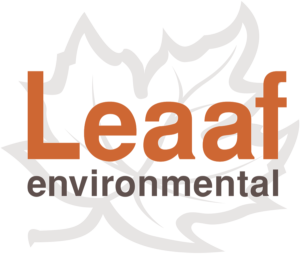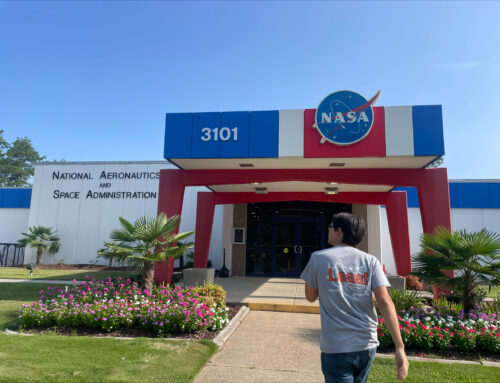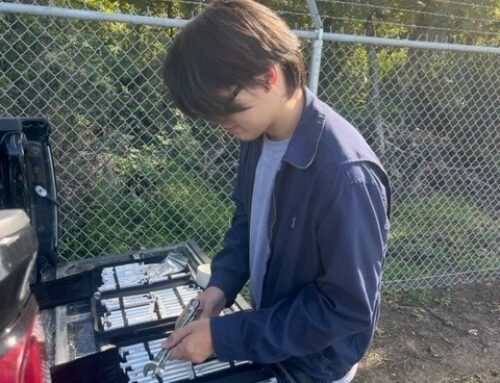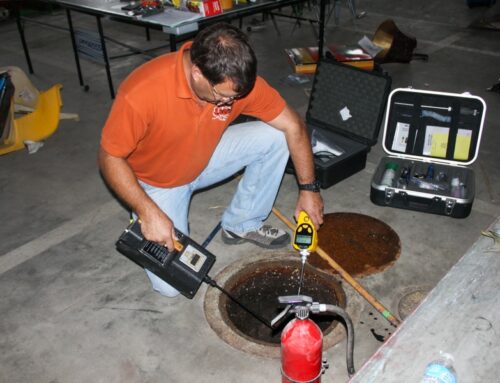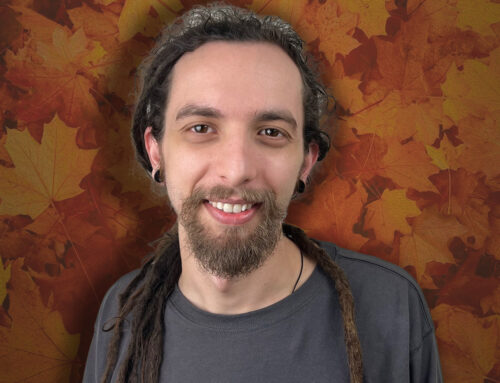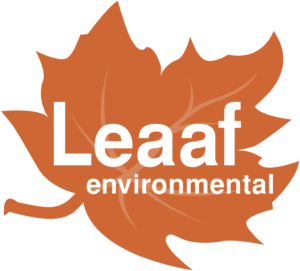Mold is a common problem that can occur both in commercial and residential buildings, especially in the South Louisiana climate. Mold thrives in moist and warm environments, making bathrooms, kitchens, and areas subject to moisture intrusion especially susceptible. It can also grow in areas that have experienced water damage, such as leaky pipes, roofs, or window/door openings. Mold can grow on water-damaged building materials, including wood, paper, drywall, and fabrics.
Prevention is the best way to avoid mold growth on your property. Environmental consultants can help you identify potential problem areas and provide recommendations for mold remediation strategies. Some prevention techniques include:
- Moisture Level Control: Keep your property dry, as mold needs moisture to grow. Fix any water leaks, use exhaust fans in bathrooms and kitchens, and ensure proper ventilation in basements and crawlspaces.
- Maintain Proper Humidity Levels: Keeping the humidity levels below 60% can help prevent mold growth. A properly functioning HVAC system will help to control humidity levels indoors and dehumidifiers can help regulate excess humidity levels.
- Regular Cleaning: Cleaning and maintenance can help prevent mold growth. Clean dusty surfaces (dust is a potential food source for mold) and remove any standing water or damp materials.
If mold does develop on your property, addressing it in a timely manner is crucial. Environmental consultants can help assess the extent of the problem and develop a remediation plan tailored to your specific situation. Some common steps in mold remediation include:
- Containment: Contain the affected area to prevent the spread of mold spores.
- Removal of Contaminated Materials: Any mold-contaminated materials should be removed and disposed of properly if they cannot be dried out and treated.
- Cleaning: Clean the affected area by using specialized cleaning products or fungicides to ensure the removal of all mold spores.
- Drying: Once cleaned, dry the area completely to prevent mold from returning.
- Clearance: Environmental consultants test the air for mold growth before returning the area to normal use or recommend additional measures to address mold.
Mold can be a serious problem for any property. Environmental consultants can help identify potential problem areas and develop a plan to prevent mold growth. If mold does develop, it’s important to address the problem quickly to prevent further damage and health concerns. Proper prevention techniques and working with an environmental consultant can ensure your property stays mold-free.
If you have found mold or are concerned you may have mold on your property, contact our Indoor Air Quality department at info@leaaf.com
